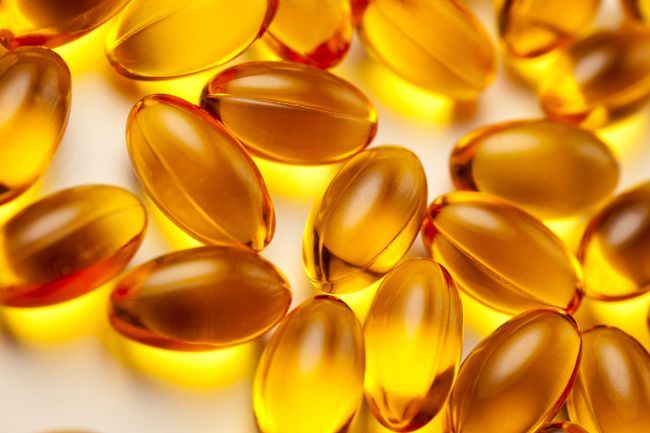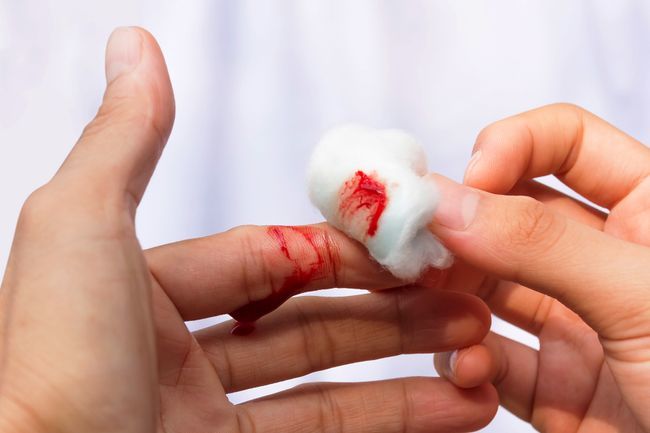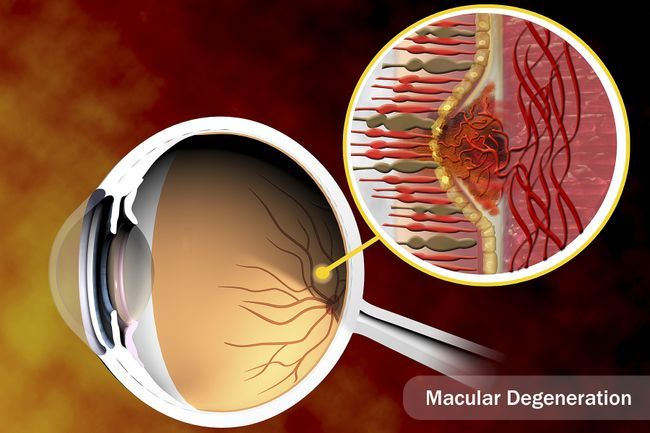
A Visual Guide to Vitamin E

What Is Vitamin E?
It’s a nutrient that helps protect your cells from harmful “free radicals.” Vitamin E also helps your body fight germs and keeps your blood vessels open and clear of clots. You may also hear it called a fat-soluble vitamin, which means it needs fat to dissolve in your body.

Do You Get Enough of It?
Most people do get enough vitamin E in their diet for good health. If your levels are low, it’s likely because it’s harder for your body to absorb the vitamin or the fat it needs to process it. This may be due to genetic problems or diseases like Crohn’s or cystic fibrosis. If you have a condition that hampers your vitamin E levels, your doctor would focus first on treating that underlying cause.

What Happens Without Enough?
Over time, if you do have an illness that keeps your vitamin E levels low, you might get sick more, and you might start to lose control or coordination of some body movements. (This is called ataxia.) Nerve damage could cause pain and weakness in your hands and feet (called peripheral neuropathy), as well as vision problems (retinopathy). Talk to a doctor if you notice any of these symptoms, which could have other causes.

How Much Should You Get?
Here are the recommended amounts:
0 to 6 months: 4 milligrams (mg) or 6 IU per day
7-12 months: 5 mg or 7.5 IU
1-3 years: 6 mg or 9 IU
4-8 years: 7 mg or 10.4 IU
9-13 years: 11 mg or 16.4 IU
14 and up: 15 mg or 22.4 IU
Breastfeeding women: 19 mg or 28.4 IU

What Are Good Sources?
Sunflower, safflower, and wheat germ oils are top sources, followed by corn and soybean oils. Asparagus, avocado, and nuts (especially almonds) are also good. And there are fortified foods that have vitamins (including E) added, such as breakfast cereal, fruit juice, and margarine. Check the label to see how much of which vitamins you get in each serving.

How Much Is Too Much?
You can’t overdo vitamin E from the food you eat, but you can with supplements. Too much could make you bleed more after an injury and raise your risk of stroke, among other problems. That’s why it’s best to limit any supplements to no more than 1,500 IU/day for the natural form, and 1,100 IU/day for synthetic. Some studies show just 400 IU/day could raise your risk of prostate cancer or worsen the eye disease retinitis pigmentosa.

Does It Affect Medications?
Supplements can. Taking them with anti-clotting drugs like warfarin makes you more likely to bleed. Cholesterol drugs called statins may not work as well with vitamin E if you also take selenium, vitamin C, and other antioxidants. It may even interfere with cancer treatments like chemotherapy and radiotherapy. Always tell your doctors about all the medicines and supplements you take before you add anything new.

Disease Protection?
Vitamin E supplements don’t seem to do much to protect against heart disease or cancer, though scientists continue to study that. The same seems true of brain diseases like Alzheimer’s and neurological diseases like Parkinson’s and ALS. In some people, high doses of vitamin E supplements appear to slow the progress of a condition called age-related macular degeneration that can cause blindness.

Premature Babies
Some babies that are born before full term may not have enough vitamin E. Often, the breast milk of preterm mothers is higher in this nutrient, but sometimes your baby might need more to stay healthy. Any supplements should be prescribed in exact amounts by your doctor because too much of the vitamin could be bad for your baby.












